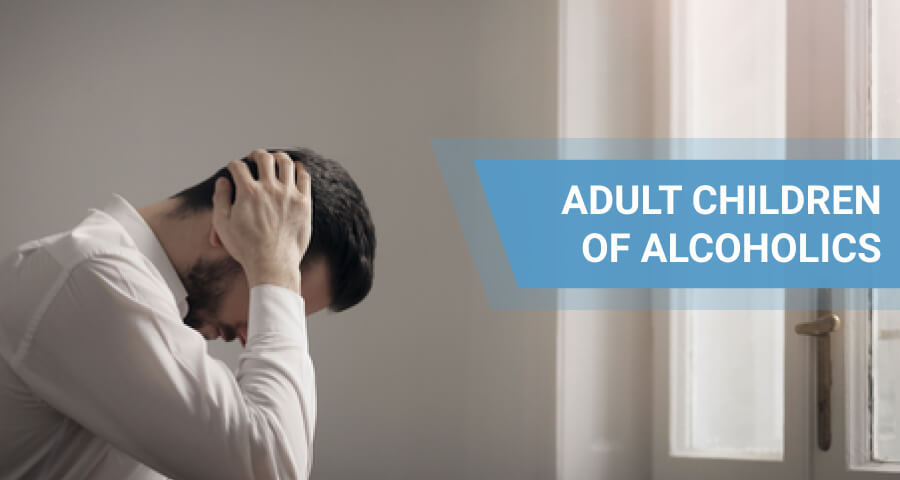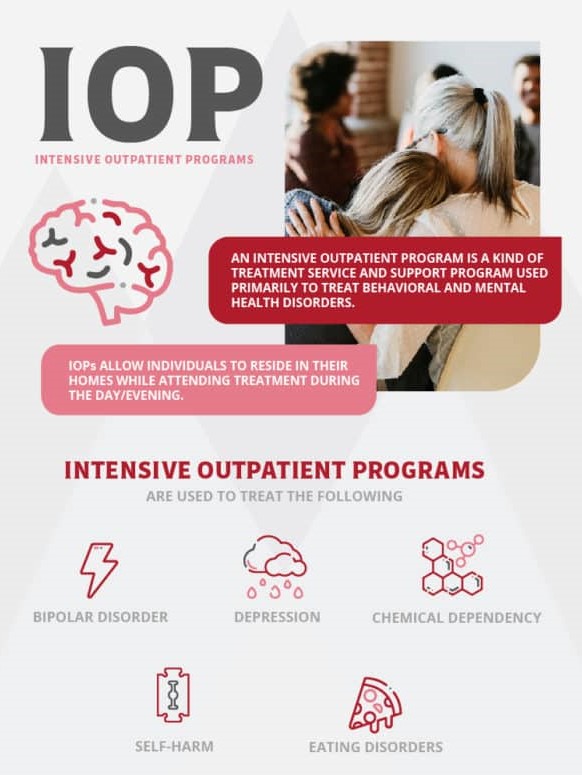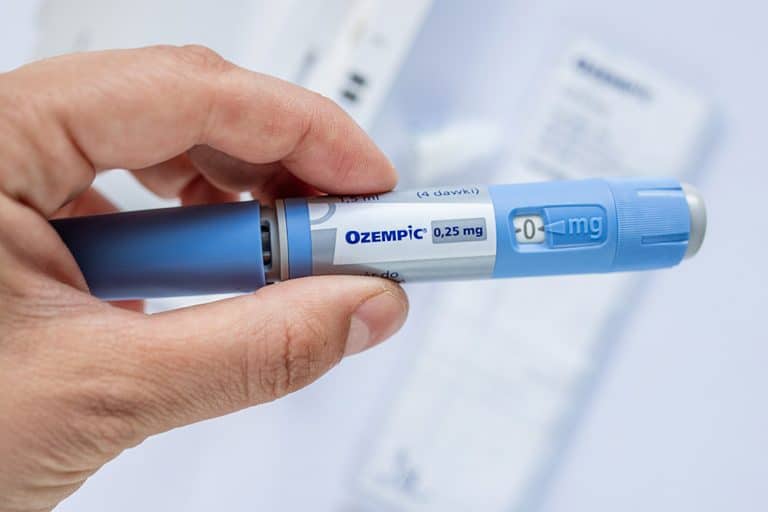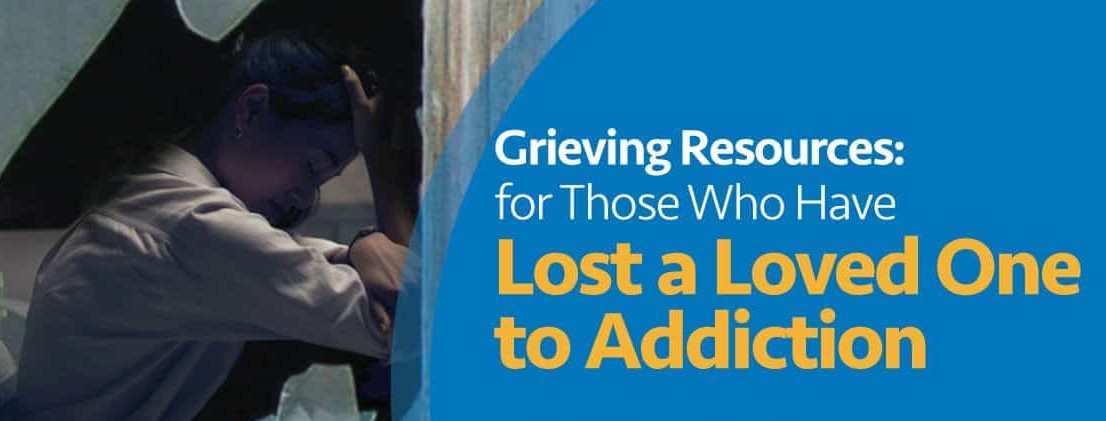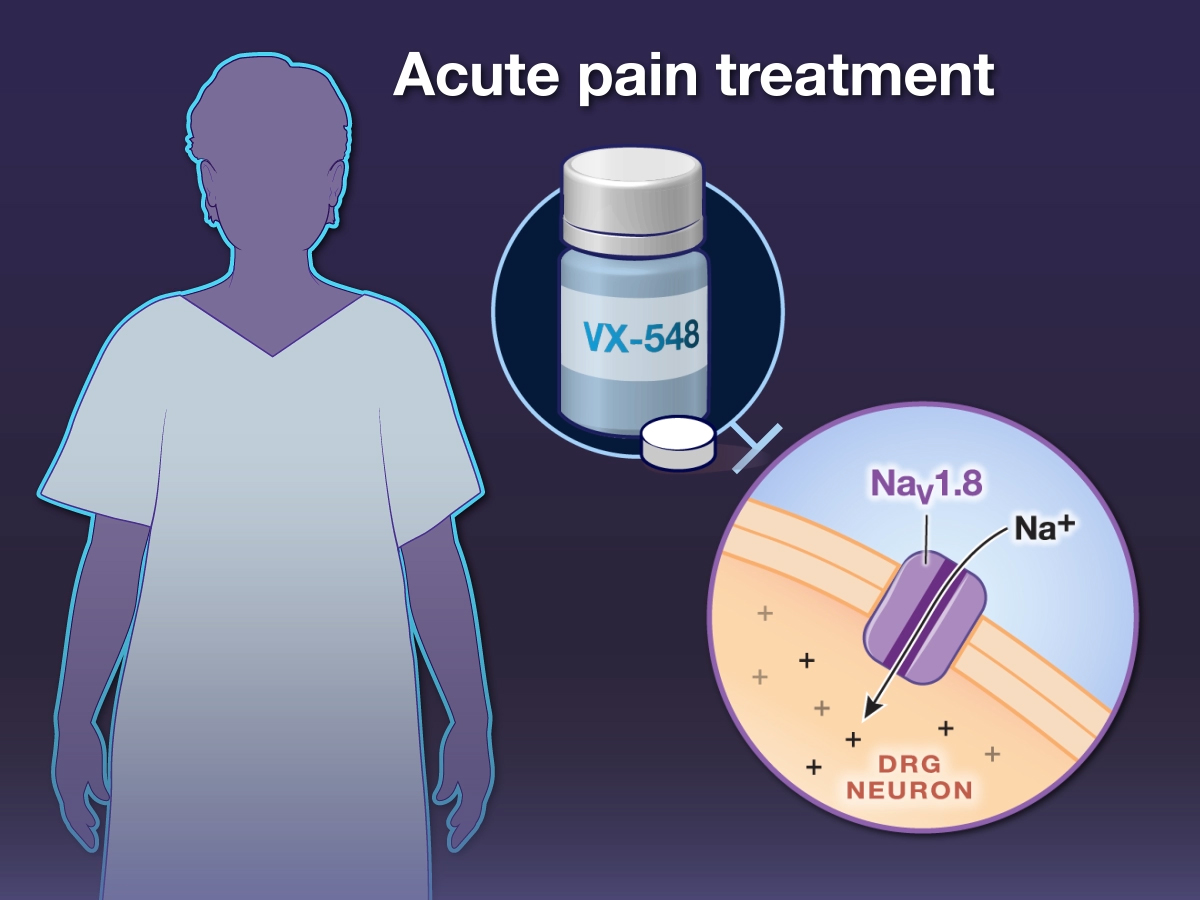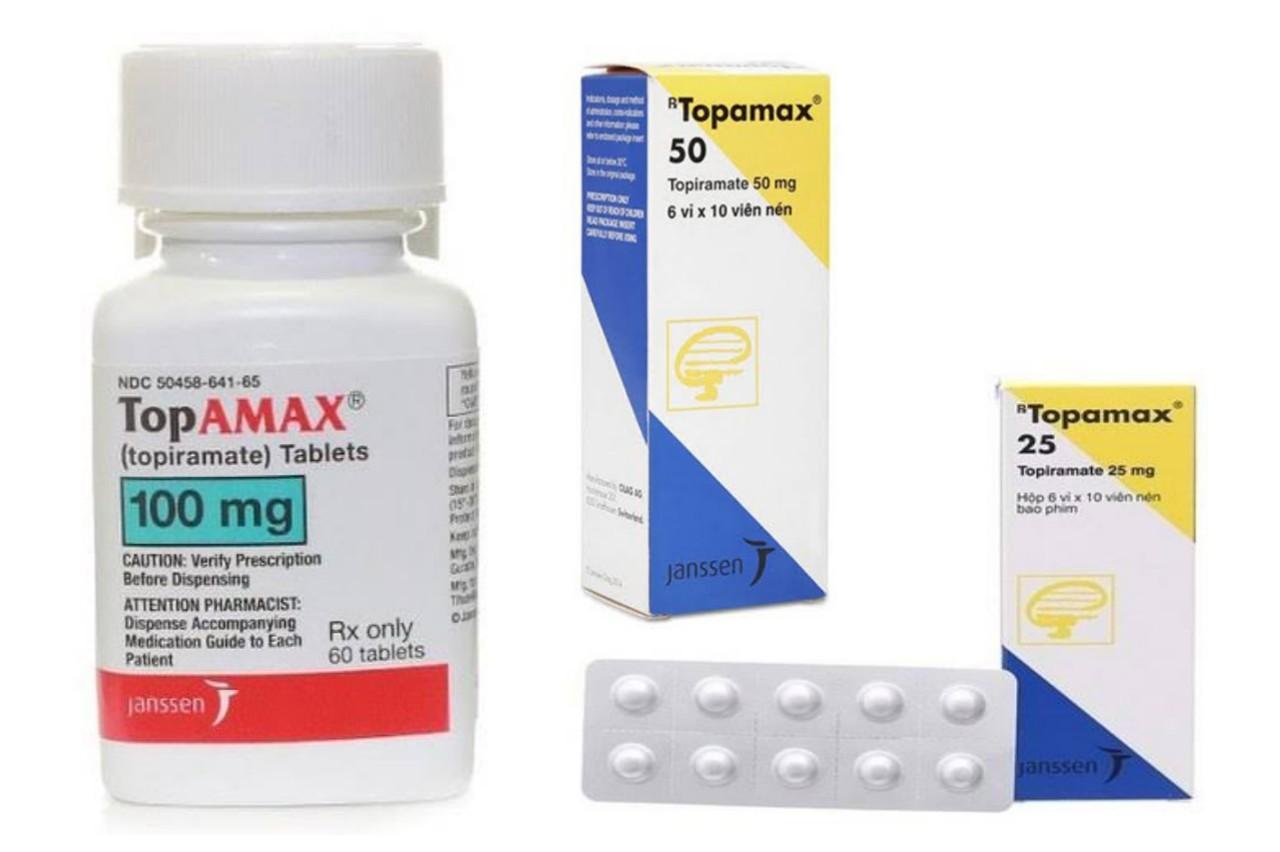Counseling in Addiction Recovery
Addiction recovery counseling offers structured support to address the emotional and psychological sides of addiction, focusing on underlying mental health issues. Unlike recovery coaches or sponsors, counselors work on treatment. Challenges include cost, relapse risks, and confidentiality issues. Community resources, support groups, and self-management strategies like goal setting help individuals choose the best approach. Family … Read more

